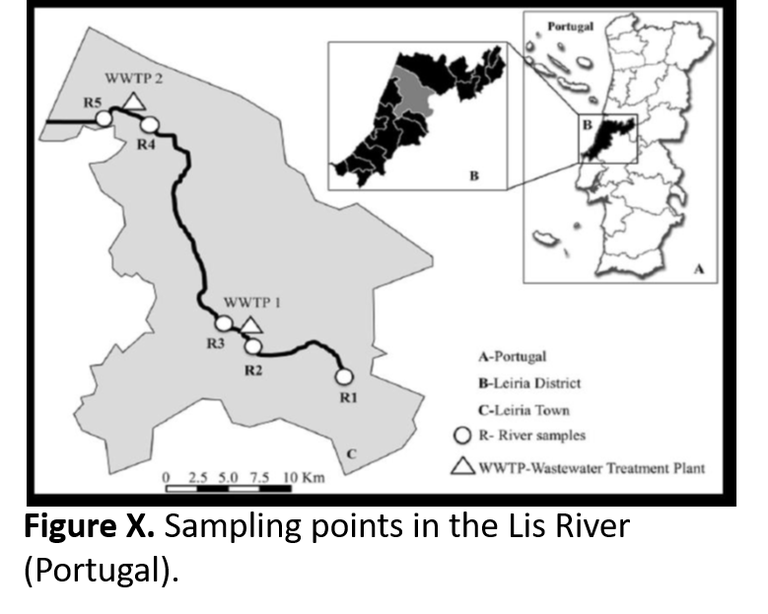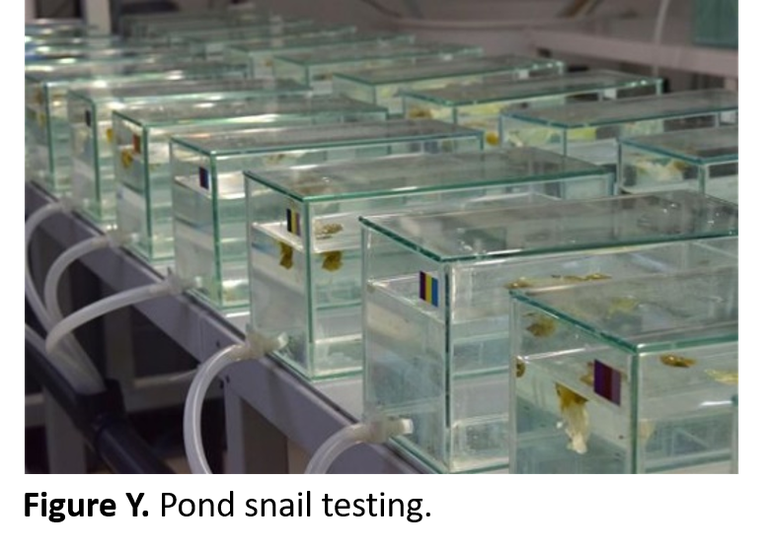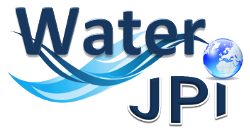Call 2016 - REWATER- Sustainable and safe water management in agriculture: Increasing the efficiency of water reuse for crop growth while protecting ecosystems, services and citizens’ welfare
The REWATER project proposes to develop an innovative joint research and application of technologies that will minimize negative impacts of waste water reuse in the environment, decreasing the undesirable introduction of emerging contaminants (ECs) in agriculture and aquatic systems, reducing their spread within the food chain and, and consequently, human exposure. According to the Watch List of Substances established under the Water Framework Directive (Decision EU 2018/840), ECs such as specific pharmaceuticals and pesticides should be monitored, especially because of the reduced removal of these pollutants by conventional treatments in Waste Water Treatment Plants (WWTPs).
Therefore, pharmaceuticals and their transformation products and pesticides were monitored, using chromatographic techniques, in the Lis River (Portugal) and the Putna river (Romania) as well as the contributions of the WWTPs located along these rivers (Figure X). Pharmaceuticals and pesticides were detected from the source to the mouth of the rivers and in influents and effluents from the WWTPs.
To simplify the analysis techniques, small and very low-cost (paper-based and molecularly imprinted polymers) electroanalytical devices were developed and applied to the determination of ECs.
Because of the presence of the ECs in the analysed waters, tertiary treatment processes for their removal were studied: advanced oxidation (e.g. electro-Fenton), bioremediation (e.g. mycoremediation and phycoremediation), adsorption using biochars, and combinations of these processes.
However, even if the concentration of ECs is achieved by these treatment processes this does not necessary reflect a relevant toxicity reduction. The complementary evaluation of toxicity decrease was based on integrated endpoints using different animal models, such as the pond snail (Figure Y) and zebrafish embryo/larvae. 
Life Cycle Assessment and Life Cycle Costing is ongoing to assess the sustainability and the economic viability of the treatment processes at full scale.
In summary, the goals of the REWATER project are: (i) Monitoring ECs in two rivers and WWTPs (ii) Design of electrochemical (bio)sensors for specific ECs with increased sensitivity, lower costs and easier to use; (iii) Improvement of treatment technologies (biological and electrochemical) to remove ECs, providing new insights into environmental and economic approaches; (iv) generation of ecotoxicological tools that may also be employed in the monitoring of ECs in natural aquatic ecosystems, and strategic follow-up monitoring of WW treatment.
Interaction among the consortium partners, allied with stakeholders of the water industry, will enhance collaborative research and innovation, as well as national and international cooperation in the water sector, beyond the REWATER lifespan. The project also allowed mobility of the consortium members, post-graduate students and post-doctoral fellows engaged in the project.
The consortium organized an international videoconference in June 2020. This conference allowed the dissemination of the results, fruitful discussions of the work and networking.
More information about the project can be found at: www2.isep.ipp.pt/rewater

